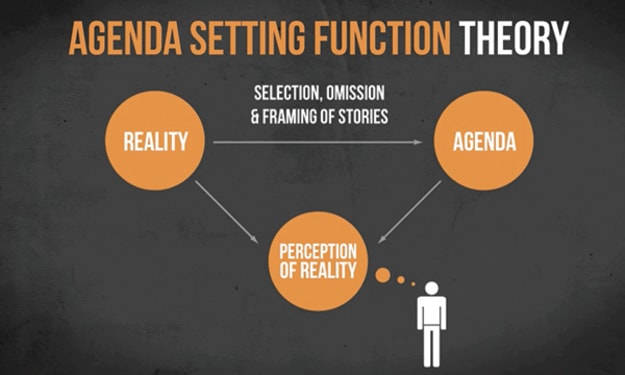The Future of Healthcare
How Artificial Intelligence is Changing Diagnosis, Treatment, and Patient Care

Artificial intelligence (AI) has been making significant strides in various fields, including healthcare. Healthcare is a complex and rapidly evolving field, and AI has the potential to transform it significantly. From early disease diagnosis to personalized treatments, AI can help healthcare providers provide better care to their patients. This article explores the potential of artificial intelligence in healthcare and its current and future applications.
AI in Diagnosis
One of the most significant advantages of AI in healthcare is its potential for early and accurate disease diagnosis. Machine learning algorithms can analyze vast amounts of patient data, including electronic health records (EHRs), medical images, and genetic data, to identify patterns that may indicate the presence of a disease. This process can help healthcare providers make more accurate and timely diagnoses, which can lead to better outcomes for patients.
For example, AI-powered algorithms can analyze medical images, such as X-rays and MRI scans, to detect abnormalities and diagnose conditions like cancer, stroke, and heart disease. These algorithms can also identify subtle changes in medical images that may be challenging for human doctors to detect, leading to earlier diagnosis and more effective treatment.
AI in Treatment
AI can also assist in personalized treatment plans for patients. Machine learning algorithms can analyze a patient's EHRs and genetic data to identify factors that may affect their response to certain treatments. With this information, healthcare providers can create personalized treatment plans that are tailored to a patient's unique needs and characteristics, leading to more effective and efficient treatment.
AI can also help in drug development by identifying potential drug targets and predicting the efficacy and safety of new drugs. Machine learning algorithms can analyze vast amounts of data on molecular structures, genetic data, and clinical trial results to identify new drug targets and predict which drug candidates are likely to be effective and safe.
AI in Patient Monitoring
AI can also play a crucial role in patient monitoring. Machine learning algorithms can analyze real-time patient data, such as vital signs, to identify signs of deterioration or complications before they become critical. This process can help healthcare providers intervene early, leading to better outcomes for patients.
AI can also help healthcare providers monitor patients with chronic conditions, such as diabetes and hypertension. Machine learning algorithms can analyze patient data, including lifestyle factors, to identify risk factors for complications and suggest lifestyle changes or medication adjustments to prevent complications.
AI in Administrative Tasks
AI can also help with administrative tasks in healthcare, such as scheduling appointments, billing, and record-keeping. Machine learning algorithms can analyze patient data and medical histories to predict which services a patient may require, making it easier for healthcare providers to plan and schedule appointments.
AI can also help with medical coding and billing, which can be a time-consuming and error-prone process. Machine learning algorithms can analyze medical records to identify the services provided and assign appropriate billing codes, reducing the time and effort required by administrative staff.
Challenges of AI in Healthcare
While the potential benefits of AI in healthcare are significant, there are also several challenges that need to be addressed. One of the most significant challenges is the need for large amounts of high-quality data. Machine learning algorithms require vast amounts of data to function correctly, and healthcare providers must ensure that the data they provide is accurate, complete, and free from bias.
Another challenge is the need for regulatory frameworks to ensure that AI is used safely and effectively in healthcare. The regulatory landscape for AI in healthcare is still evolving, and healthcare providers must ensure that they comply with applicable regulations and guidelines.
Finally, there are concerns about the impact of AI on the healthcare workforce. While AI has the potential to automate many tasks, it may also lead to job losses in some areas. Healthcare providers must ensure that they have the necessary skills and training to work with AI and that they can adapt to the changing landscape of healthcare.
Conclusion
Artificial intelligence has the potential to revolutionize healthcare.
About the Creator
Yusuf Mert Türk
2 Short Films, winners of dozens of awards. Screenwriter and director. Lives in Istanbul.






Comments
There are no comments for this story
Be the first to respond and start the conversation.